Binance, one of the world’s leading cryptocurrency exchanges has combined the hottest thing in the blockchain sector – Decentralized Finance (DeFi) with centralized finance, through their Binance smart chain platform.
Bithumb Global holds the special honor of being one of the first exchanges to support the Smart Chain with the projects within its ecosystem. And Bithumb Global is determined to make the most of this collaboration in the days to come.
Binance Smart Chain
Binance is one of the largest cryptocurrency exchanges in the world today, in terms of volume of spot trade, traffic and many other such parameters. The company is widely known within the crypto community for many innovative solutions. The world renowned crypto exchange has also made the news for their initiative of raising a charitable fund to support those in need during the COVID-19 pandemic.
Moreover, the exchange is well known for its advocacy of decentralized technologies of different kinds. However, their new technology has outdone it all.
The platform was formally launched by the company on 1st September. The Smart Chain is designed to run parallel to the Binance Chain. The chain not only allows the creation of new smart tokens on the platform, but will also enable new staking mechanisms for the Binance token – a proof of stake authority mechanism.
A Few Striking Features
As the name suggests, the most promising feature of the Binance Smart Chain is the smart contract support feature. This will allow creation of smart tokens on the platform, as well as increase the utility of the Binance Chain and the Binance token.
Apart from this, the platform also supports cross-chain operability for increased utility. This will allow DeFi projects to interact and increase the volume of transactions and make transactions much more far ranging. This is in response to the fact that most Decentralised Finance platforms have much value as asset classes, but lack flexibility and utility, compared to the centralized financial institutions outside the crypto sector.
Decentralized Financial platforms on the Binance Smart Chain will also be able to take the advantage of the Bianance Decentralized Exchange, which will give them greater liquidity and a greater market access. The Binance Decentralized Exchange platform also allows for more decentralized governance of the platform through Smart Contracts, making it a perfect choice for the listing of new age DeFi projects.
On top of these, the platform offers an incredible speed of 1 block per 3 seconds, for smooth and seamless transactions. The smart chain also offers transaction costs as low as 1 cent. This is bound to incentivize a larger quantum of transactions over the network, and will be one of the most user-friendly and affordable blockchain networks available.
The platform will also conveniently support cross-chain assets and enhance DeFi interoperability. The platform also has strong infrastructure support and partners with abundant resources.
Binance Smart Chain Accelerator Fund
In its first phase, the fund has put aside a 100 million dollars for different DeFi-based projects hosted on the Binance Smart Chain. The 100 million dollar accelerator fund, will offer liquidity support to selected projects. The fund also has claimed to provide development incubation, acceleration and other kinds of support for later projects.
The process will be enabled by an innovative technology termed as the Automatic Market Marker, developed by the company. The first batch of projects, which will be receiving this support has been declared by Binance. The projects included here are- Credit swap platforms like Pancakeswap, Burgerswap, Bakeryswap, and Fortube, which is a decentralized lending service.
Bithumb Global: Being Part of a Community of Early Supporters
There has been immense support for the project from across the Binance community, even before the Binance Smart Chain Mainnet was launched. These community members have helped develop and deploy the platform. This includes different tools Math Wallet, Bitquery.io, Certik, Taurus, etc. There are also some major DeFi projects involved with the development of the Smart Chain, like WazirX, Swipe, DODO etc.
As a global leader, Bithumb Global is taking on a major responsibility of supporting the development of the DeFi industry from many aspects. It plans to launch a variety of DeFi projects, derivatives (Smart Token and leverage), user value-added financial management (staking), initial project announcements and user airdrops (learning), and multi-channel, multi-regional marketing efforts.
The first batch of DeFi projects that Bithumb Global has supported are well-known tokens like COMP, CREAM, UNI, BAL, CRV, Burger and the first projects Mantra DAO, Hedget, RioFuel, and UniLendFinance.


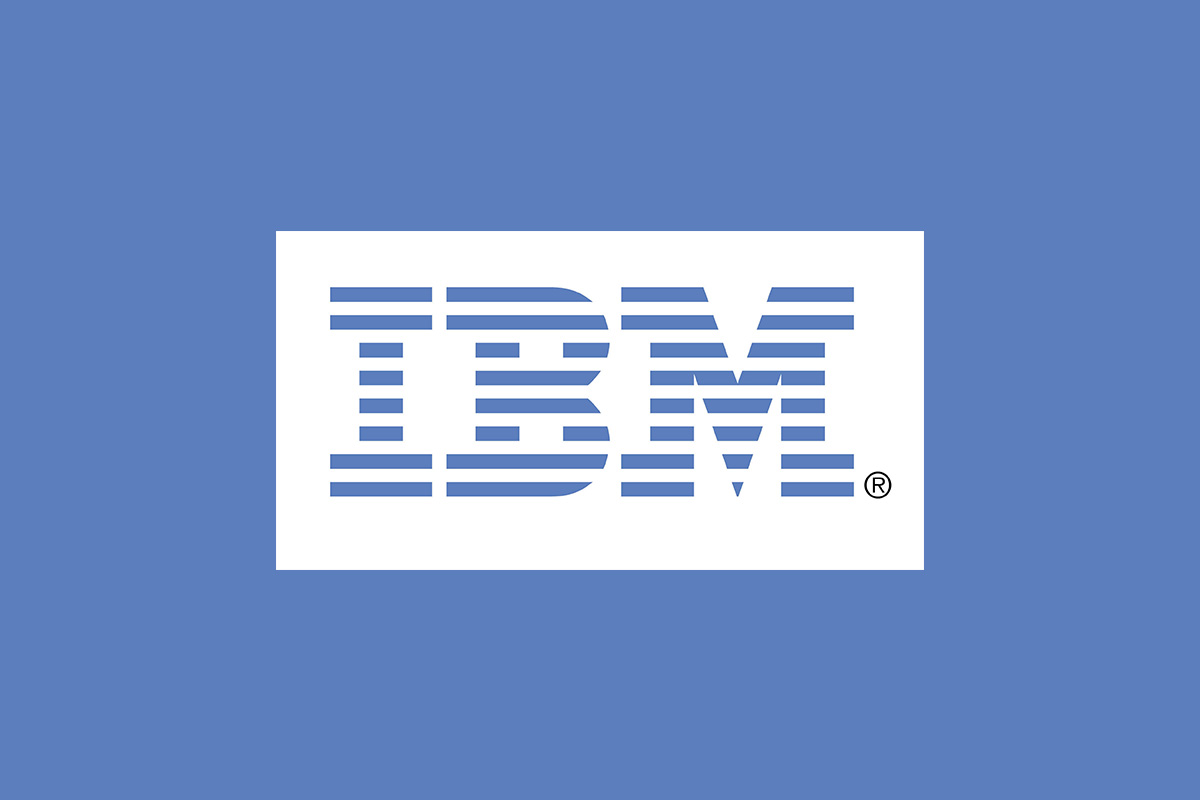


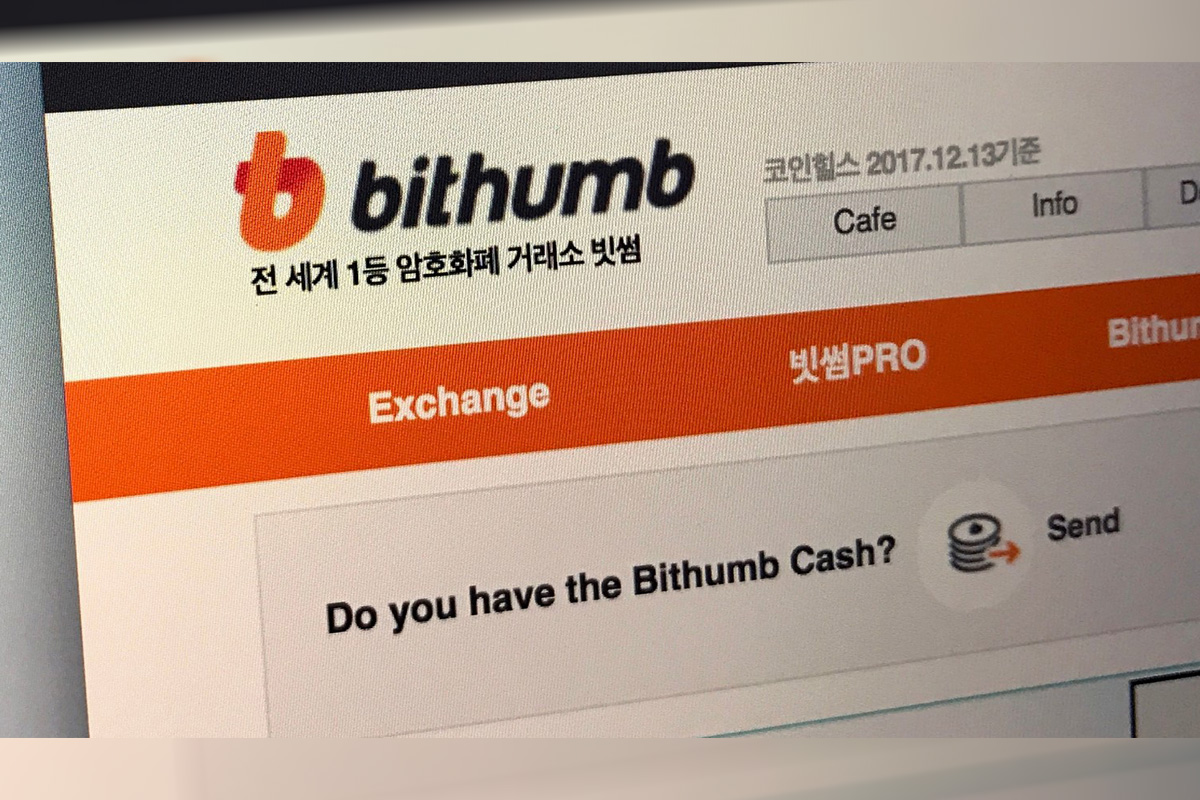

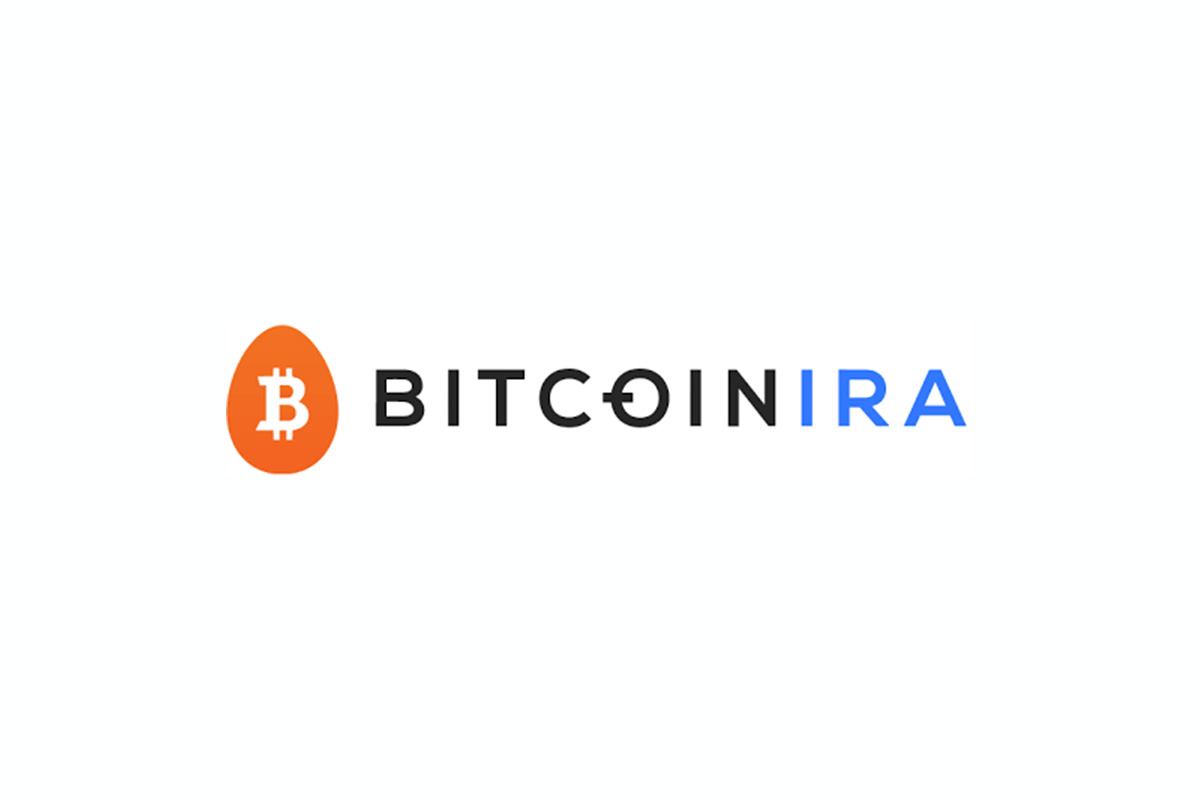
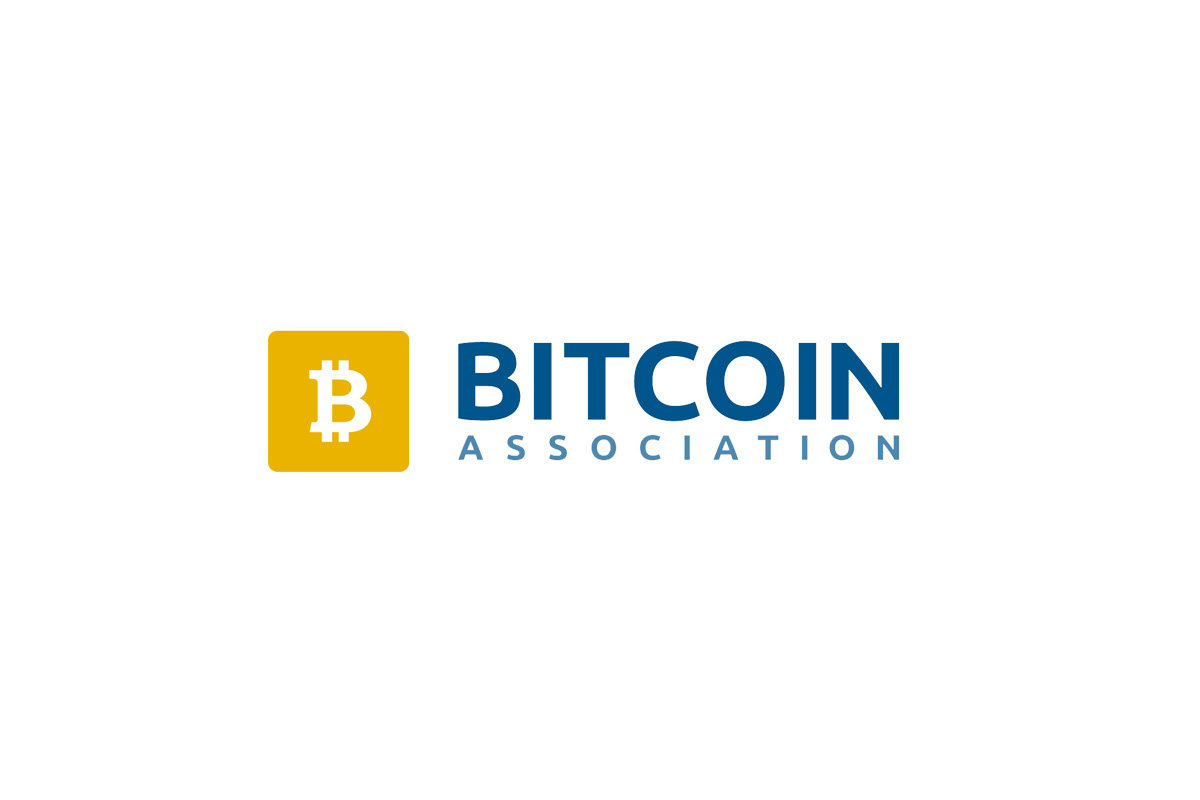
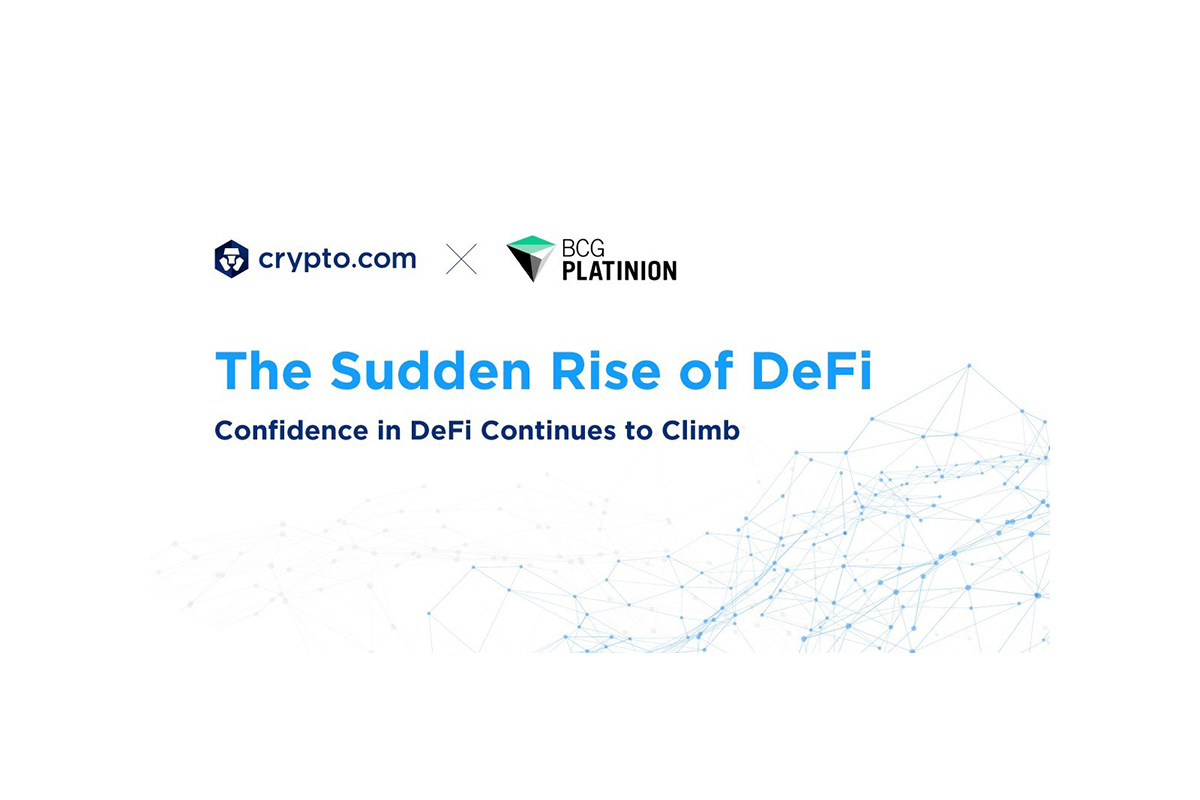

 Blockchain security solutions. Selected start-ups developing applications using SECORA
Blockchain security solutions. Selected start-ups developing applications using SECORA